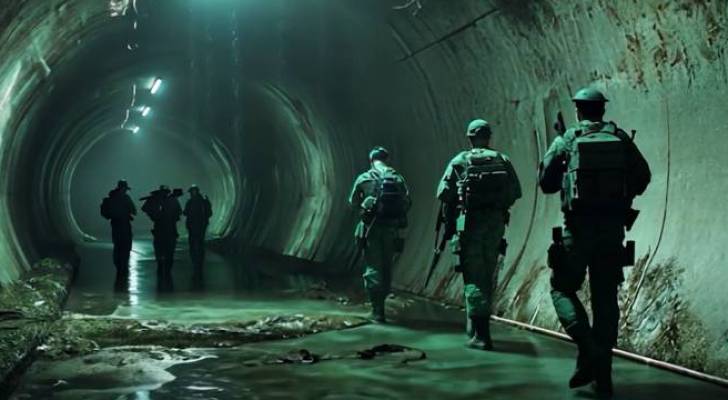What if Israeli Occupation army invades Lebanon again?
As Israeli Occupation Forces (IOF) gather along the southern border of Lebanon, the threat of a large-scale invasion looms, with scenarios ranging from a temporary partial occupation of southern Lebanese territories to hit-and-run operations targeting Hezbollah fighters.
The Israeli Occupation’s appetite for expanding aggression seems to have grown after weeks of cyberattacks and aerial assassinations targeting Hezbollah’s command and control networks. These strikes have eliminated key figures within the organization, with the latest reportedly aimed at Hezbollah’s leader, Hassan Nasrallah.
What Would an "Israeli" Ground Invasion Face?
If the Israeli Occupation’s threats materialize into a ground invasion, Hezbollah fighters are expected to engage using guerrilla-style tactics. The group will likely implement ambushes to inflict significant casualties and capture "Israeli" soldiers for negotiation purposes.
Taking advantage of Lebanon’s rugged, mountainous terrain, Hezbollah fighters will use a network of tunnels and bunkers, making it difficult for IOF to predict their movements. Ambushes along roads used by Israeli Occupation tanks and armored vehicles are expected, with improvised explosive devices (IEDs) possibly devastating advancing forces.
Scenes of smoke and fire could become common in Lebanon and along the border. Anti-tank weapons, such as Kornet missiles, will be launched from hidden positions, challenging the Israeli Occupation’s offensive.
A Complex Power Balance
Hezbollah will rely on its proven anti-tank capabilities from previous confrontations to counter the asymmetry in military power. However, the skies will also play a significant role in the conflict.
Hezbollah’s drones will scout "Israeli" positions, allowing for targeted strikes by their forces. Meanwhile, the Israeli Occupation air force will seek to bombard Hezbollah’s positions to degrade its military infrastructure.
The Civilian Toll
As the conflict escalates, the human toll will rise, with Lebanese civilians fleeing their homes. Roads will be filled with terrified families moving north, while casualties will mount on both sides, and the southern Lebanese villages may face widespread destruction.
Global Pressure Mounts
International calls for a ceasefire will grow, but an immediate end to the violence is unlikely. Hezbollah’s persistent resistance will increase pressure on the "Israeli" government to end the conflict.
Ultimately, the fighting may end through international mediation, but the deeper causes of the conflict are likely to remain unresolved, leaving the region vulnerable to future escalations. If the Israeli Occupation advances with a ground invasion, it will face fierce resistance from Hezbollah, with devastating consequences for both fighters and civilians. While a ceasefire may pause the violence, it won't necessarily stop the cycle of conflict.




